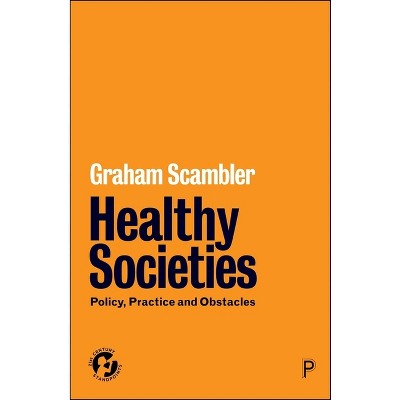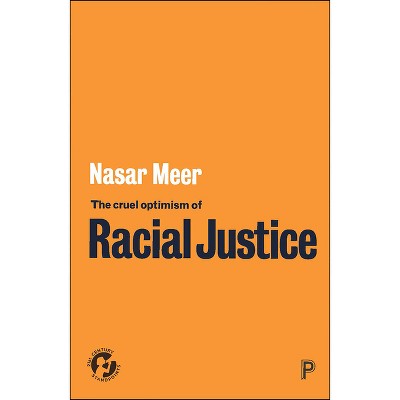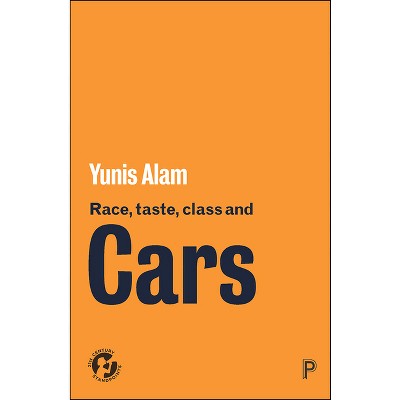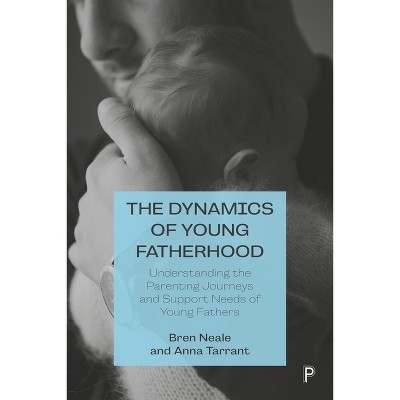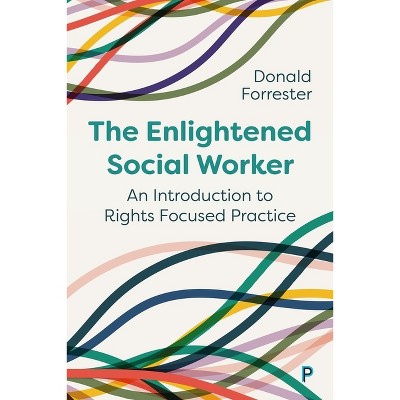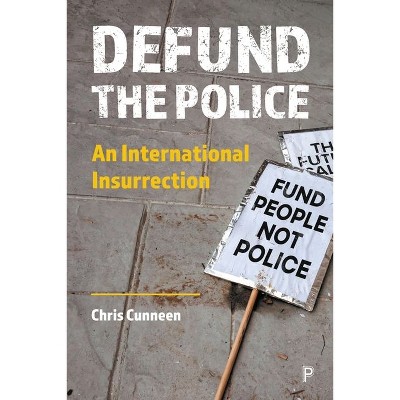About this item
Highlights
- SECOND EDITION COMING APRIL 2025 In this book Diane Reay, herself working class turned Cambridge professor, presents a 21st century view of education and the working classes Drawing on over 500 interviews, the book includes vivid stories from working class children and young people.
- About the Author: Diane Reay grew up in a working-class coal-mining community before becoming an inner-city primary school teacher for 20 years.
- 248 Pages
- Education, Philosophy, Theory & Social Aspects
- Series Name: 21st Century Standpoints
Description
About the Book
This book brings Brian Jackson and Dennis Marsden's pioneering Education and the Working Class from 1962 up to date for the 21st century and reveals what we can do to achieve a fairer education system.Book Synopsis
SECOND EDITION COMING APRIL 2025
In this book Diane Reay, herself working class turned Cambridge professor, presents a 21st century view of education and the working classes
Drawing on over 500 interviews, the book includes vivid stories from working class children and young people. It looks at class identity and the effects of wider economic and social class relationships on working class educational experiences.
The book reveals how we have ended up with an educational system that still educates the different social classes in fundamentally different ways and, vitally, what we can do to achieve a fairer system.
Review Quotes
"Diane Reay's compelling analysis synthesises memoir, a wealth of personal testimonies and statistics to reveal a hidden story of Britain's education system. Her sharply argued book demonstrates why selective education is bad for all of us." Selina Todd, St Hilda's College, Oxford
"A tour de force. An excoriating and rigorous analysis of the class-riven English education system. Diane Reay is simply the best writer on education and social class that we have." Stephen J Ball, Institute of Education, University College London
"I'm sad that this second edition is still needed but thank goodness for Diane Reay's updating of this important and powerful book." Kate E. Pickett, University of York
"Incredibly insightful and passionate - Diane Reay really does get class. Mandatory reading for anyone proclaiming greater equity in education." John Smyth, University of Huddersfield
"An inspiring and hopeful book [which] commands us as educators to make schools places of nurture, creativity and inspiration, not places where fear of failing is the daily diet of all children, especially working-class children." Kathleen Lynch, University College Dublin and author of Care and Capitalism and A Critique of Human Capital and Carelessness in Education
"Passionate, provocative and deeply troubling, this book examines contemporary working-class education.... should be required reading for politicians of both the left and especially the right." Tim Strangleman, University of Kent
"Excellent text, highly relevant and accessible to all." Caroline Lewis, UWTSD
"Miseducation is freshly updated, and it offers a highly readable and compelling analysis from one of the very best educational scholars of our time. Highly recommended!" Annette Lareau, University of Pennsylvania
"No one has done more than Diane Reay to confront the complex emotions in living class inequalities in education. Her heartbreaking volume bears damning witness to neoliberalism's contributions to the injuries of class." Lynne Layton, Harvard Medical School
"A must-read for anyone seeking a deeper understanding of the systemic mechanisms driving social inequality in education." Mieke Van Houtte, Ghent University
"Intellectually compelling and inspiring in the way it systematically exposes the myth of meritocracy in economically unequal societies. It will inspire those who read it to work cooperatively for social justice both in education and society." Kathleen Lynch, University College Dublin, School of Education
"Miseducation would benefit anyone interested in social mobility and education in the UK... Reay's contribution to debates on education and social background is to personalise everyday working-class experiences of school and university, something usually absent from current discourse. This, combined with statistical evidence of the extent of inequalities, makes for particularly engaging reading." LSE Review of Books
About the Author
Diane Reay grew up in a working-class coal-mining community before becoming an inner-city primary school teacher for 20 years. She is now Emeritus Professor of Education at the University of Cambridge and visiting Professor of Sociology at the London School of Economics and Political Science, with particular interests in social justice issues in education, and cultural analyses of social class, race and gender. She has researched extensively in the areas of social class, gender and ethnicity across primary, secondary and post-compulsory stages of education.Shipping details
Return details
Trending Non-Fiction







